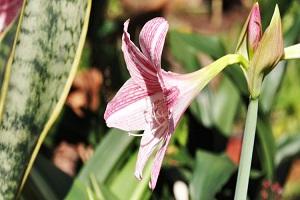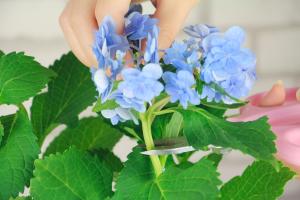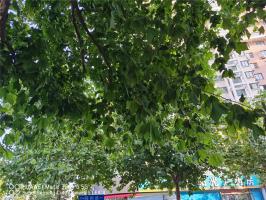Can We Put Water to Plants at Night?
Watering plants is one of the essential tasks in gardening. However, many people are unsure about whether they should water plants at night or not. In this article, we will explore the benefits and drawbacks of watering plants at night and determine if it is an optimal care routine for plants.
The Pros of Watering Plants at Night
Watering plants at night has several benefits. One of the most significant advantages is that plants can absorb water more effectively during the night. When the sun is down, the temperature cools, and the moisture in the soil is less likely to evaporate. This means that watering plants at night can be more efficient and effective in hydrating them.
Another advantage of watering plants at night is that it can keep the foliage dry, which is beneficial for plants that are prone to fungal diseases. Wet foliage in the daytime can create a humid environment, which can promote the growth of fungi, especially during warm and humid weather conditions.
The Cons of Watering Plants at Night
Despite the benefits, there are also some drawbacks to watering plants at night. One of the most significant disadvantages is that it can encourage the growth of algae and mold, which can harm plants. When water is left on the foliage, it can create a moist environment, which is ideal for fungi, algae, and mold to grow. If this happens, it can be challenging to control and can cause harm to the plant.
Another disadvantage of watering plants at night is that it can attract pests such as slugs and snails, which can feed on the leaves of plants. These pests are often more active at night, so adding extra moisture to the foliage can provide them with an ideal environment to thrive and cause damage to your plants.
When is the Best Time to Water Plants?
In conclusion, despite the drawbacks of watering plants at night, it can be an effective watering routine if done correctly. To avoid any potential harm to plants, it is crucial to water them properly and consistently. If you decide to water your plants at night, make sure to avoid getting water on the foliage and to water the soil directly. If you can, it is recommended to water in the morning when the temperature is still cool, and the sun is not yet up. This will give the soil time to absorb the moisture effectively without the risk of evaporation. Finally, make sure to water your plants consistently, as it is better to water them regularly in smaller amounts than to water them heavily in one go.
In summary, watering plants at night can be an effective watering routine, but it is crucial to understand the potential benefits and drawbacks before adopting it. Regardless of when you choose to water your plants, make sure to do so consistently, avoid wetting the foliage, and water the soil directly.

 how many times do yo...
how many times do yo... how many planted tre...
how many planted tre... how many pine trees ...
how many pine trees ... how many pecan trees...
how many pecan trees... how many plants comp...
how many plants comp... how many plants can ...
how many plants can ... how many plants and ...
how many plants and ... how many pepper plan...
how many pepper plan...































